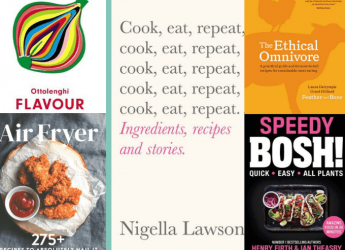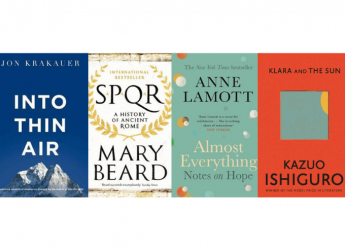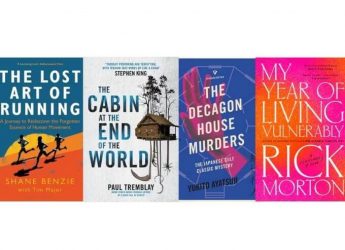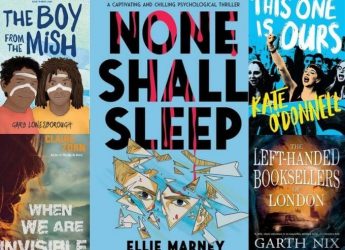We go through spells and phases; ups and downs, travelling along in spite of the terrain. But sometimes … there’s a point where you go ‘Okay, enough’ and have a crying jag such as has not been seen outside a screening of The Notebook. Does this sound familiar? That’s been me lately! Fun, right? I’m a riot!
September – remember the surgery – SUCKED. Never mind, it’s over now. October! Bring it.
To shake off the blues, I sat down to watch Midnight in Paris last week, but I only got halfway through before the blues caught up with me and I couldn’t even bear sitting in front of the television. I am a believer in things happening for a reason, so I shouldn’t have been surprised when I was at the library yesterday and spotted A Moveable Feast on the shelf. It’s fate, I thought.
I love Hemingway, and for a bit of background A Moveable Feast is his memoir about his time spent in Paris in the 1920s.
All meaning – and, adding, I’ve just finished a Fitzgerald novel – I read this passage with great interest. It reflects on the period where Hemingway and Fitzgerald have just met and are getting to know each other:
I was enthusiastic about the trip. I would have the company of an older and successful writer, and in the time we would have to talk in the car I would certainly learn much that it would be useful to know. It is strange now to remember thinking of Scott as an older writer, but at the time, since I had not read The Great Gatsby, I thought of him as a much older writer. I thought he wrote Saturday Evening Post stories that had been readable three years before but I never thought of him as a serious writer. He had told me at the Closerie de Lilas how he wrote what he thought were good stories, and which really were good stories for the Post, and then changed them for submission, knowing exactly how he must make the twists that made them into salable magazine stories. I had been shocked at this and I said I thought it was whoring. He said it was whoring but that he had to do it as he made his money from the magazines to have money ahead to write decent books. I said that I did not believe anyone could write anyway except the very best he could write without destroying his talent. Since he wrote the real story first, he said, the destruction and the changing of it that he did at the end did him no harm. I could not believe this and I wanted to argue him out of it but I needed a novel to back up my faith and to show him and convince him, and I had not yet written any such novel. Since I had started to break down all my writing and get rid of all facility and try to make instead of describe, writing had been wonderful to do. But it was very difficult, and I did not know how I could ever write anything as long as a novel. It often took me a full morning of work to write a paragraph.
Their conversation could still happen today; wait, more than could – does happen: just how much does, or should, one compromise artistic vision in the light of payment or looking further in term of ‘career’. Or is it, as Hemingway believes, whoring? Or are the practicalities of life such that only those who are a) idealistic b) naive c) wealthy or d) singularly minded can afford to think otherwise?
Also interesting to note is Hemingway’s admission that he was not yet experienced enough to fully argue his opinion; yet, he was still experimenting with form, something all emerging writers should do (IMO) and anyone who’s writing for a living will read the last sentence with a sigh of relief and sympathy.


















